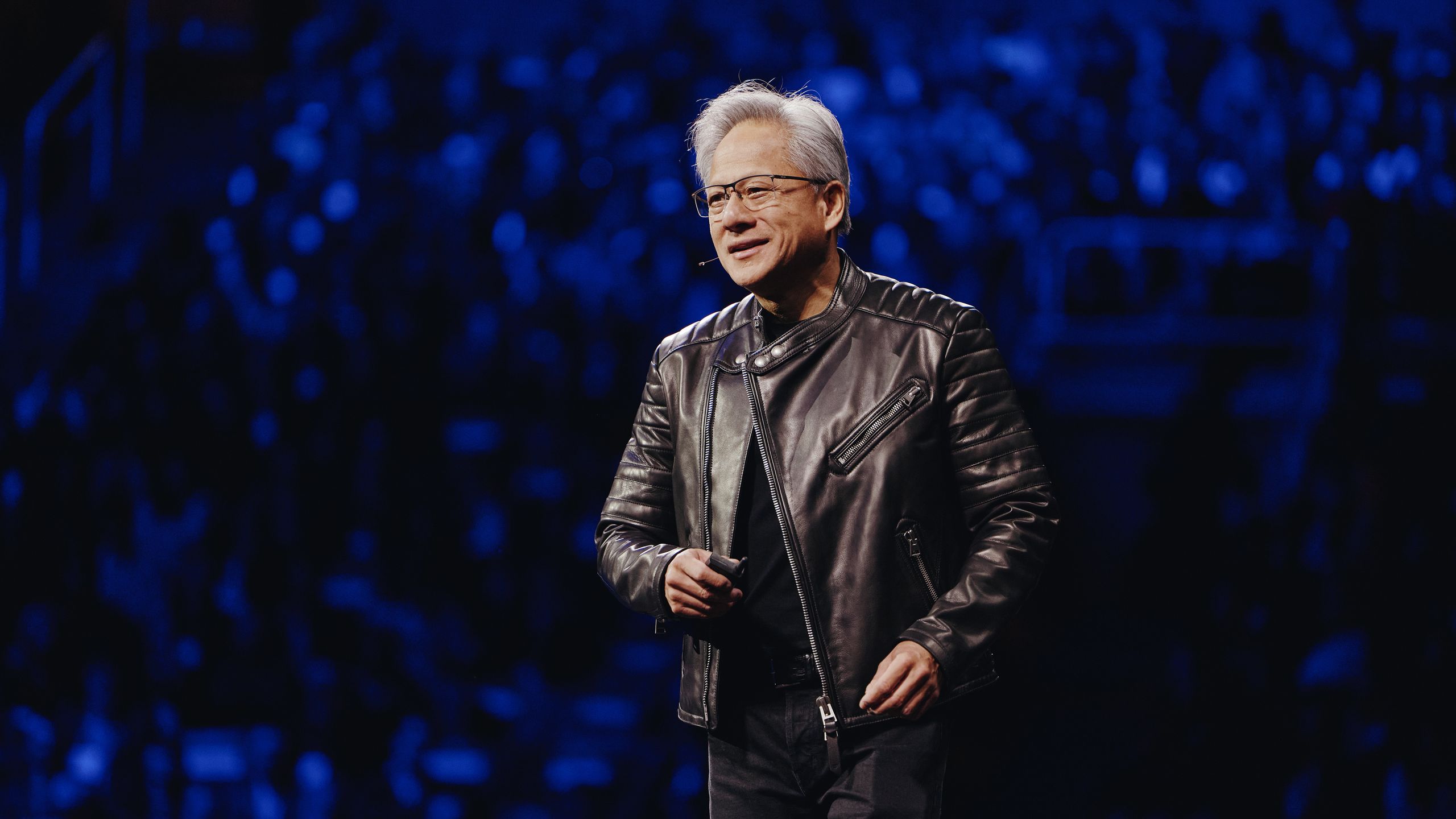- Nvidia believes that the introduction of AI-based GPUs will cause a structural change in the computing industry in the long term.
- Jensen Huang dismisses claims of AI bubbles and emphasizes infrastructure fundamentals
- The rise of agent AI will require significantly more computing resources on a global scale
Nvidia CEO Jensen Huang rejected claims that the global artificial intelligence market is currently in an economic bubble, arguing instead that current trends indicate fundamental changes in computing infrastructure.
During the company’s recent earnings conference call, Huang laid out a three-fold reason why AI is driving long-term investment in new systems rather than speculative hype.
He noted that industries involved in computing, advertising recommendations, search systems and technology are increasingly turning to GPUs as traditional CPU-based infrastructures cannot meet the needs of AI workloads.
New applications and AI agents
Huang’s statements stand in stark contrast to those of former Intel chief Pat Gelsinger, who believes the artificial intelligence sector is in a bubble zone, although this may happen gradually rather than suddenly.
Huang emphasized that AI will not only be integrated into existing applications, but also enable the creation of entirely new software functions.
He spoke of the emergence of an “agency AI” that can act with minimal user intervention, reason autonomously and plan complex tasks.
This development will require many more computing resources and increase the need for powerful GPUs.
Huang explained that Nvidia is uniquely positioned to address all three categories of AI adoption, including data-intensive workloads, new applications and autonomous AI operations.
“There’s a lot of talk about an AI bubble,” Huang said. “From our point of view, we see something completely different.”
“When considering infrastructure investment, these three key dynamics must be considered,” Huang said. “Each will contribute to infrastructure growth in the coming years.”
Nvidia reported revenue and earnings that exceeded analysts’ expectations and even forecasts.
Huang recently predicted that sales of AI chips could reach $500 billion in 2025 and 2026.
The company emphasized that its order book does not yet include contracts with organizations such as Anthropic or the expanded agreement with Saudi Arabia.
Chief Financial Officer Colette Kress confirmed that Nvidia is on track to meet its revenue targets and highlighted strong demand for AI-based systems.
Investors have expressed concern about reliance on a limited number of hyperscalers, but Huang emphasized that Nvidia chips continue to generate revenue for cloud providers through AI-based recommendation engines.
Huang believes the rise of AI will increase data traffic between enterprise systems, requiring more inspection and monitoring capabilities.
Growing AI tools and datasets are driving this trend, and Nvidia expects infrastructure growth to continue as AI applications evolve.
The CEO stressed that the current apparently high investments are the result of fundamental changes and not speculative investments.
Finally, Huang noted that investors and operators should consider these dynamics when evaluating the AI sector.
Nvidia sees the adoption of AI-powered GPUs as a structural shift in computing that signals long-term growth potential beyond short-term market fluctuations.
From CNBC
